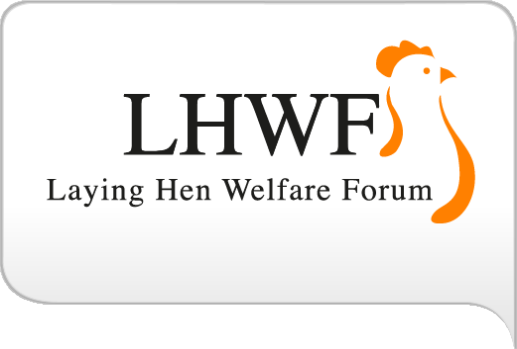Frozen Egg Products

Frozen egg products are a variety of stable, mixable products with a very long shelf life. They are available packaged in cartons, containers and pails.
Types of products available
- Whole eggs, whites or yolks
- Whole eggs, whites or yolks blended with various ingredients
- Scrambled egg mix
Typical usage
Frozen egg products are a key ingredient for food service and commercial food processing.
Overview of process
Shelled eggs are washed, rinsed, sterilised and candled. They are then broken, separated automatically and checked for quality and flaws. The egg products are then clarified, filtered, put into containers and frozen at –23.3°C to –40°C.
To prevent gelation (increased viscosity) during the freezing and thawing cycle, whole eggs and egg yolks are usually mixed with sugar, salt or carbohydrates. For ease of whipping, some egg white products contain a whipping agent such as triethyl citrate. Sometimes citric acid may be added to yolk or whole egg products to prevent greening.
Storage
Frozen eggs have a very long shelf life and can be stored for years at less than –12.2°C. Defrosted product should be used immediately, and cannot be refrozen. Thawed eggs may be stored at 4.4°C to 7.2°C for no more than three days.
Latest information
News topics
Latest News
BEPA statement on EU egg shortage
BEPA statement on EU egg shortage following Fipronil crisis. The British Egg Products Association has highlighted that a number of factors are contributing to an EU-wide shortage of eggs for processing, something which is anticipated to continue beyond the first quarter of 2018. The continuing aftermath of the Fipronil crisis, which has had a major […]
Posted on: 20 December 2017
Part of the British Egg Industry Council
BEIC
British Egg Industry Council
An inter-professional organisation of 11 trade associations - Representing the egg industry in the UK
United in quality behind British Lion Quality Eggs
-
BEA
British Egg
Association - BEPA British Egg Products Association
-

-
NEMAL
National Egg
Marketing
Association Ltd - NIPF Northern Ireland Poultry Federation
- PHA Pullet Hatcheries Association
- PRA Pullet Rearers’ Association
-
SEPRA
Scottish Egg
Producers Retailers Association -
 Ulster Farmers
Ulster Farmers
Union -
 National Farmers Union
National Farmers Union
-
 National Farmers Union (Scotland)
National Farmers Union (Scotland)
-


